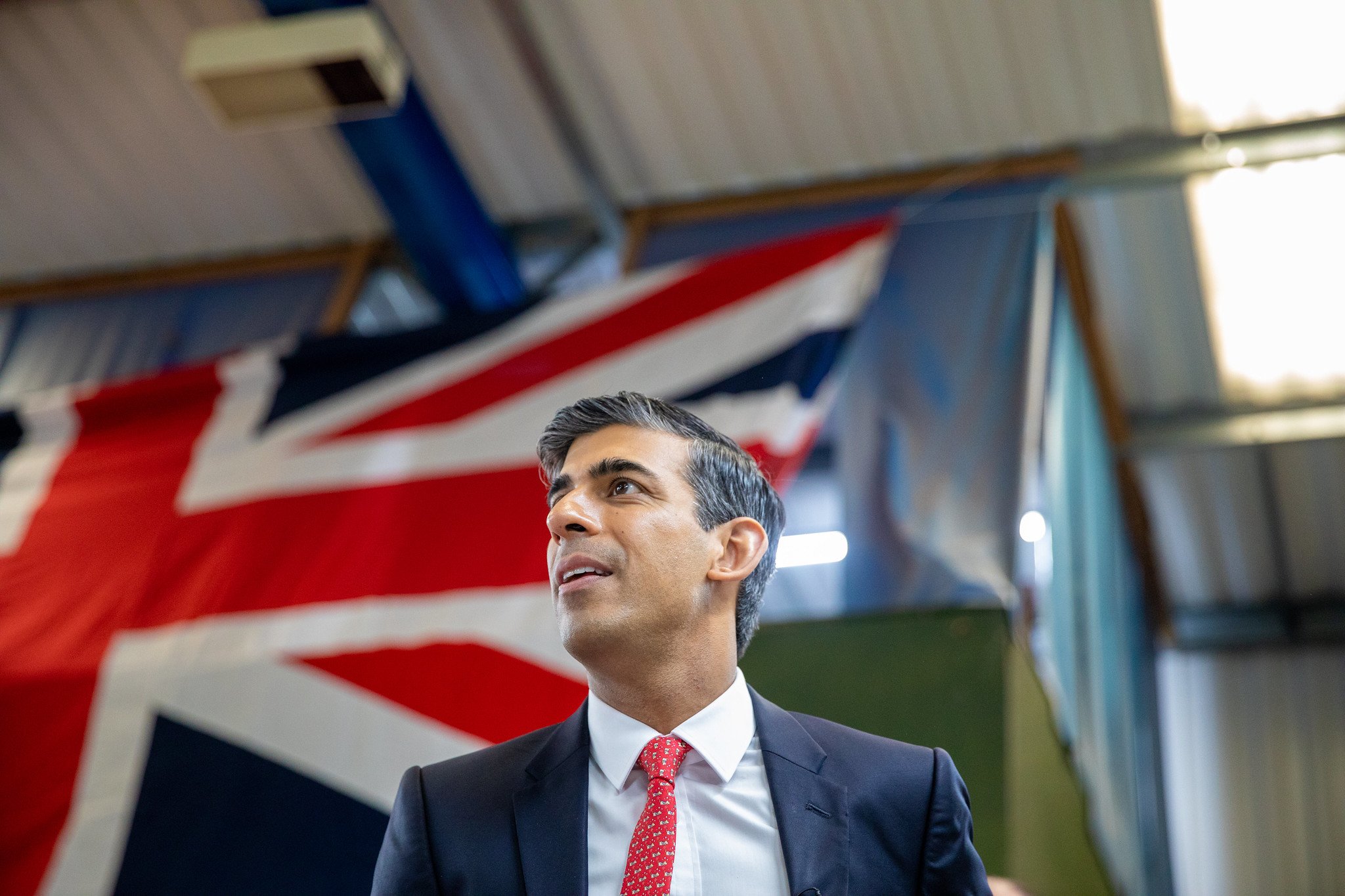
The appointment of Rishi Sunak as Britain’s prime minister has brought some calm to the UK’s financial markets – for now at least. The former chancellor won the backing of his party in the midst of a turbulent few months in British politics. Whilst his economic credentials are seemingly being recognised, it is Sunak’s relative inexperience in foreign affairs that have raised some concerns from others.
Indeed, the foreign office has a challenging time ahead with the UK looking to tackle Russia’s brutal invasion of Ukraine, check China’s growing global influence and re-establish Britain’s recently tattered international reputation. Sunak will have his work cut out for him. Recalibrating Britain’s policy on Sri Lanka – marred by decades of violence and more recent months of economic and political turmoil - may, however, provide the new premier his most straightforward opportunity to demonstrate that he means business in each of those areas and reassert British influence on the global stage.
The situation in Sri Lanka will not be new to Sunak. On the campaign trail earlier this year, he told an audience that he was committed to seeking justice for the mass atrocities committed during the armed conflict. The events of that time and Sri Lanka’s bloody 2009 offensive against the Liberation Tigers of Tamil Eelam, are well documented. Tens of thousands of civilians were slaughtered. An award-winning documentary even drew the attention of Sunak’s predecessor, former Prime Minister David Cameron, who visited the island and coordinated action on the issue at the UN Human Rights Council.
But more than a decade on, progress on accountability has stalled and instead Sri Lanka has slid backwards. The Rajapaksa family, who oversaw many of the crimes on the island, have since returned to power and their allies are still in office. The UN resolutions, which continued even after Cameron’s departure, have become toothless in the face of a regime that simply does not care for accountability. War criminals continue to hold high-level military and government positions, with even those convicted for murdering children pardoned and released. In the Tamil North-East, an almost entirely ethnically Sinhalese military – one that is larger than the size of Britain’s armed forces – remains occupying vast swathes of land. There has been no justice, nor any stability in Sri Lanka.
This is not a situation that Sunak can allow to continue. By forcing through action on Sri Lanka, he can send a clear signal on how Britain intends to act in the global arena – principled and directly.
For example, the UK’s repeated statements on Putin’s crimes in Ukraine ring hollow when Britain’s diplomats shake hands with Sri Lankan officials accused of overseeing massacres. It is not without coincidence that Sri Lanka was one of a handful of states around the world that chose not to vote in favour of a resolution condemning Russia’s invasion of Ukraine. When the world shunned Putin, Sri Lanka’s president was speaking to him over the phone, trying to negotiate cheap oil deals. Indeed, the very same Russian cluster bombs that are being fired into Ukrainian towns, were also used by the Sri Lankan military against the Tamils. The UK must not allow war crimes, wherever they occur, to go unpunished. The powerful statements call to hold Russia to account must be matched by action against its similarly unsavoury allies around the world.
With China continuing to build inroads with the Rajapaksas, this is also an opportunity to call out the building of any alliances between abusive regimes. Sri Lanka has long sought to ward off the West by dangling the threat of Chinese incursions on to the island. Years of appeasing Colombo, in the hope of cajoling the various regimes into accepting British demands, have, however, roundly failed. Sri Lanka continues to cosy up to Beijing for diplomatic and financial support, whilst steadfastly rejecting calls for justice, democracy and accountability.
Sunak needs to ensure that a firm message is sent to Sri Lanka. Indeed, given the chaos, Colombo has faced and the economic straits it is in, now is the time, more than ever to apply pressure on the state. The UK remains an important partner to the Commonwealth state, and one that holds important historic links that Sri Lanka will find hard to ignore. It still relies heavily on British trade and British tourism. When the UK acts, Colombo will be forced listen.
Tangible measures that could be enacted are remarkably simple. Shavendra Silva, a former army commander who was promoted to Sri Lanka’s only 5-star general by subsequent regimes, is already barred from entering the US. He led a unit accused of a series of atrocities, including the execution of surrendering Tamils. Some of those were captured on gory video footage, taken by Sri Lankan soldiers themselves. Such figures, and there are several of them in Sri Lanka’s ranks, should not be permitted into the UK. Sunak pioneered similar sanctions against Russian individuals. Adding Sri Lankans to the list, demonstrates that the UK is serious about holding war criminals to account and that it is a power willing to act globally.
Not only does acting on Sri Lanka provide Sunak the opportunity to re-establish Britain’s presence internationally, it also remains entirely in British interests to do so. Successive Sri Lankan regimes have shirked off the building of any rules-based international order and refused to comply with global norms. Holding the state to account will be a demonstration that to the British government, values matter. The UK will not condone mass atrocities or genocides from Bucha and Xinjiang to Jaffna and Mullivaikkal.
Sri Lanka is not Sunak’s toughest test on the global stage at present. In fact, it should be his easiest. If Sunak wants to build a Global Britain, this is where he should start.
